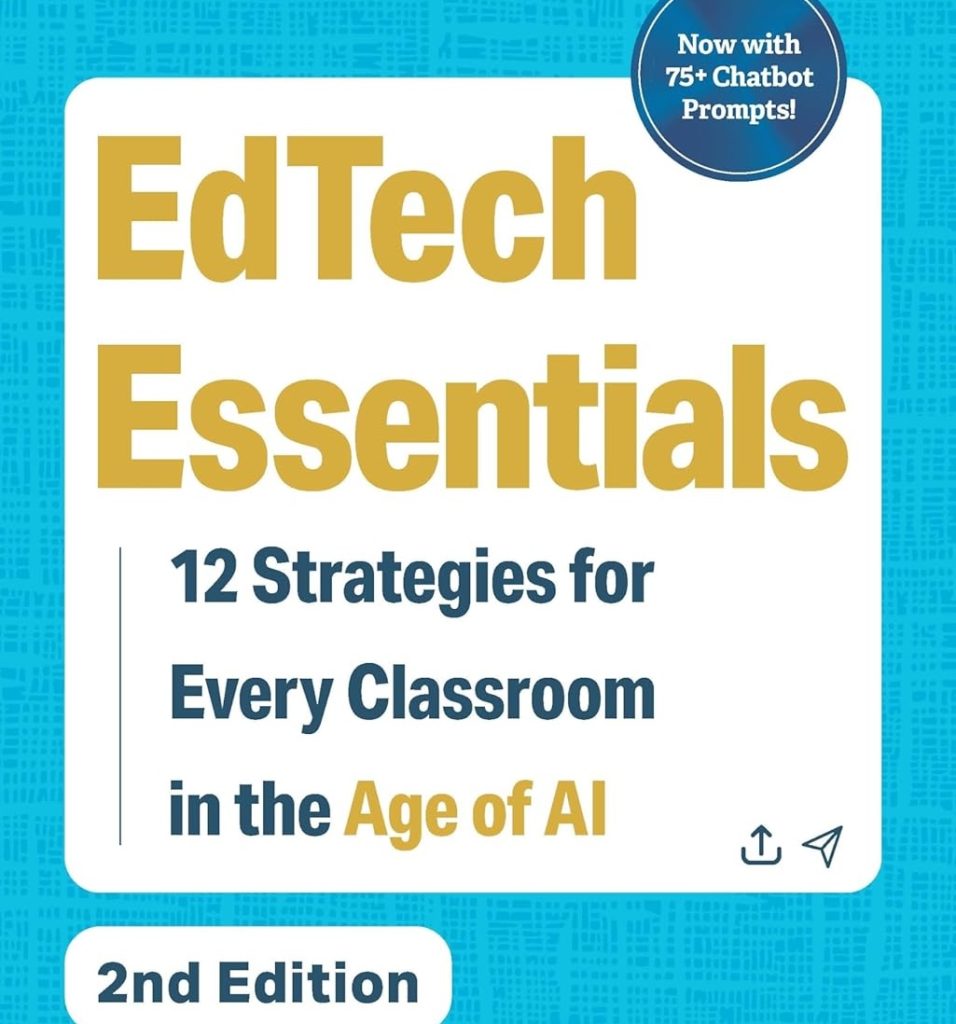
You want the best research to inform your teaching. That’s why you’re reading this blog.
What’s the best way to be sure–or, as sure as you can reasonably be–that you’ve reached the most researchy conclusion?
For example: what should you do if you discover contradictory research?
That’s the problem that Blake Harvard faced over at Effortful Educator.
Here’s the story…
The Setup
Harvard teaches psychology to high school students. He knows A LOT about the mind and the brain. He’s careful to base his teaching practices on deep knowledge of research.
In fact, he even tries occasional experiments to study different teaching practices in a (relatively) controlled manner. In this post, for instance, he writes about his exploration of flexible classroom seating.
In brief, he knows his stuff.
Harvard’s conclusions, at time, challenge current trends. For instance: he describes himself as a relatively traditional teacher: more persuaded by research on direct instruction than by constructivist approaches.
You might not agree with those conclusions. But, if you read his blog, you’ll be impressed by his command of the research.
So, what did Harvard do when he came across research seeming to contradict his beliefs?
What if, for instance, a study headline says that students learn more from (“constructivist”) active learning than from a (direct-instruction-y) lecture?
Heck: the study was even highlighted in the Harvard Gazette. (To be clear: the Blake Harvard I’m writing about doesn’t work at Harvard, the university in Cambridge, MA.)
Key Lesson #1: Try to Prove Yourself Wrong
After a moment of understandable trepidation, Harvard forced himself to do what he tells his psychology students to do: confront their biases.
That is: Harvard (the teacher) thinks that the right kind of lecture will result in more learning than most active learning paradigms: exploratory discussions, for example, or projects.
When he finds research that purports to show the opposite, he had a great opportunity: he could disconfirm his prior convictions.
This may be the very best strategy to achieve the goal at the top of this post: to base our teaching on excellent research.
If you think that strategy X will result in the most learning for your students, you should:
First: assume that someone has found contradictory evidence (someone always has), and
Second: actively seek out that contradictory evidence. (Try Google Scholar.)
When you find it, give that evidence a thoughtful read. You’ll end up facing one of a few options.
Option 1: the contradictory evidence is more persuasive than the evidence you’ve been following. As a result, you’ll be able to improve your teaching practice. That’s great news!
Option 2: the contradictory evidence isn’t very persuasive. As a result, you know you’ve been doing it right up to now. That’s great news!
Option 3: both evidence pools are equally convincing. Now you know that your former certainty isn’t supported by the best evidence. You can try out both approaches with your students. You’ll find the answer that works best in your context. That’s great news!
In any case, your scrupulous attempt to prove yourself wrong will lead to a better teaching result.
Key Lesson #2: Precise Definitions Really Matter
As it turns out, when Harvard tried to prove himself wrong by reviewing the research, he ended up focusing carefully on the study’s definition of “lecture” and “active learning.”
His ultimate conclusion–whether or not he changed his mind–came down to a very precise understanding of the specific teaching techniques used in those two classes..
For instance: if you read a study saying that “metacognition improves learning,” you should find out exactly what the researchers DID. What, precisely, was the metacognitive strategy that students employed?
And: does that technique make sense for you and your classroom?
Until we know the answers to those questions, we can’t know if this research makes sense in our specific classrooms.
A Final Point
You’ve noticed, I suspect, that I haven’t told you what (Blake) Harvard decided about Harvard (University’s) research.
Why?
Partly because I think you should read his post.
But also because the answer to that question–in my view–isn’t as important as these two broader conclusions.
Try to disprove your own beliefs.
Be sure you know exactly what happened in the research.
If you follow those two strategies, you can be increasingly certain that you’re following the best research-based advice around.
The result: your students will learn more.






